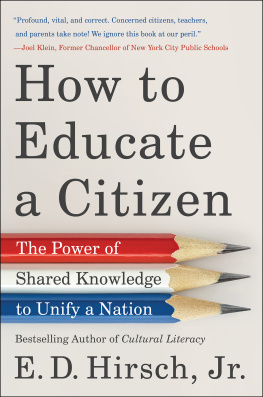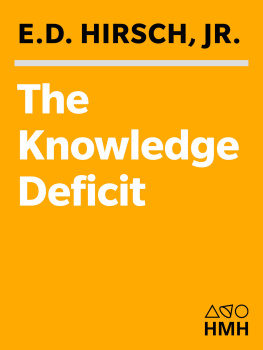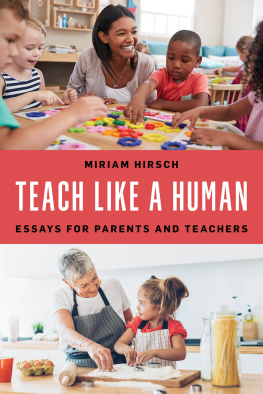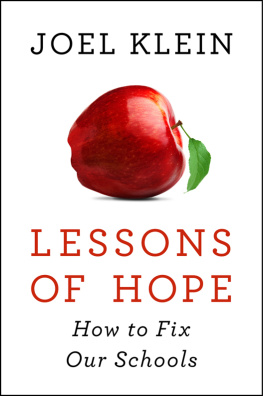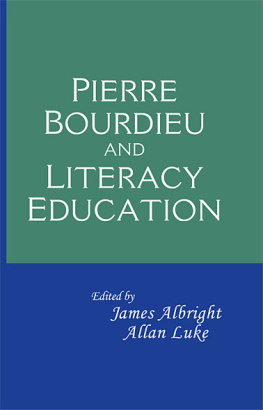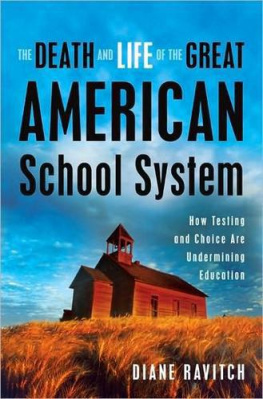E. D. Hirsch - How to Educate a Citizen: The Power of Shared Knowledge to Unify a Nation
Here you can read online E. D. Hirsch - How to Educate a Citizen: The Power of Shared Knowledge to Unify a Nation full text of the book (entire story) in english for free. Download pdf and epub, get meaning, cover and reviews about this ebook. year: 2020, publisher: HarperCollins, genre: Religion. Description of the work, (preface) as well as reviews are available. Best literature library LitArk.com created for fans of good reading and offers a wide selection of genres:
Romance novel
Science fiction
Adventure
Detective
Science
History
Home and family
Prose
Art
Politics
Computer
Non-fiction
Religion
Business
Children
Humor
Choose a favorite category and find really read worthwhile books. Enjoy immersion in the world of imagination, feel the emotions of the characters or learn something new for yourself, make an fascinating discovery.
- Book:How to Educate a Citizen: The Power of Shared Knowledge to Unify a Nation
- Author:E D Hirsch / Jr
- Publisher:HarperCollins
- Genre:
- Year:2020
- Rating:5 / 5
- Favourites:Add to favourites
- Your mark:
How to Educate a Citizen: The Power of Shared Knowledge to Unify a Nation: summary, description and annotation
We offer to read an annotation, description, summary or preface (depends on what the author of the book "How to Educate a Citizen: The Power of Shared Knowledge to Unify a Nation" wrote himself). If you haven't found the necessary information about the book — write in the comments, we will try to find it.
Profound, vital and correct. Hirsch highlights the essence of our American being and the radical changes in education necessary to sustain that essence. Concerned citizens, teachers, and parents take note! We ignore this book at our peril.Joel Klein, former Chancellor of New York City Public Schools
In this powerful manifesto, the bestselling author of Cultural Literacy addresses the failures of Americas early education system and its impact on our current national malaise, advocating for a shared knowledge curriculum students everywhere can be taughtan educational foundation that can help improve and strengthen Americas unity, identity, and democracy.
In How to Educate a Citizen, E.D. Hirsch continues the conversation he began thirty years ago with his classic bestseller Cultural Literacy, urging Americas public schools, particularly at the elementary level, to educate our children more effectively to help heal and preserve the nation. Since the 1960s, our schools have been relying on child-centered learning. History, geography, science, civics, and other essential knowledge have been dumbed down by vacuous learning techniques and values-based curricula; indoctrinated by graduate schools of education, administrators and educators have believed they are teaching reading and critical thinking skills. Yet these cannot be taught in the absence of strong content, Hirsch argues.
The consequence is a loss of shared knowledge that would enable us to work together, understand one another, and make coherent, informed decisions. A broken approach to school not only leaves our children under-prepared and erodes the American dream but also loosens the spiritual bonds and unity that hold the nation together. Drawing on early schoolmasters and educational reformers such as Noah Webster and Horace Mann, Hirsch charts the rise and fall of the American early education system and provides a blueprint for closing the national gap in knowledge, communications, and allegiance. Critical and compelling, How to Educate a Citizen galvanizes our schools to equip children with the power of shared knowledge.
E. D. Hirsch: author's other books
Who wrote How to Educate a Citizen: The Power of Shared Knowledge to Unify a Nation? Find out the surname, the name of the author of the book and a list of all author's works by series.

